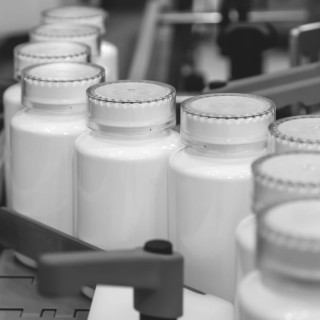
CJEU overturns EU-wide ban on the presence of hydroxyanthracene derivatives (HAD) in botanical preparations
European Union
Nov 14, 2024
On Novemver 13, the Court of Justice of the EU in case T‑302/21 annulled significant parts of Commission Regulation (EU) 2021/468, as regards botanical species containing hydroxyanthracene derivatives.
Four similar applications for annulment of Commission Regulation (EU) 2021/468 were submitted to the CJEU by several companies and associations in food supplements industry. The applicants argued that the Commission exceeded its legislative powers and breached the principle of legal certainty by regulating "preparations" and not just "substances". They also argued that the Commission breached the principle of proportionality and essential procedural requirements because the rules were not adequately supported by EFSA's conclusions.
The CJEU found that the Commission indeed exceeded its powers by regulating botanical “preparations” as it can only regulate "substances" under Article 8 of Regulation 1925/2006. Furthermore, the Commission could not prohibit the use of hydroxyanthracene derivatives due to insufficient data on their daily amounts that did not give raise to health concerns.
The CJEU annulled the first, second and third entries in Article 1(1) and (2) of Commission Regulation (EU) 2021/468. In consequence, the requirement applying to the preparations from Aloe species leaf, on the absence of aloe-emodin and other hydroxyanthracene derivatives such as aloin or barbaloin, has been annulled. This means that no test results proving the absence are required. Furthermore, the requirement applying to Rhamnus, Cassia senna and Rheum containing hydroxyanthracene derivatives also has been annulled.
This is an important judgment for the food supplements industry, which emphasizes that the European Comission's actions must be based on solid scientific and legal foundations. The judgment is binding from the date of its announcement, 13 November 2024.












